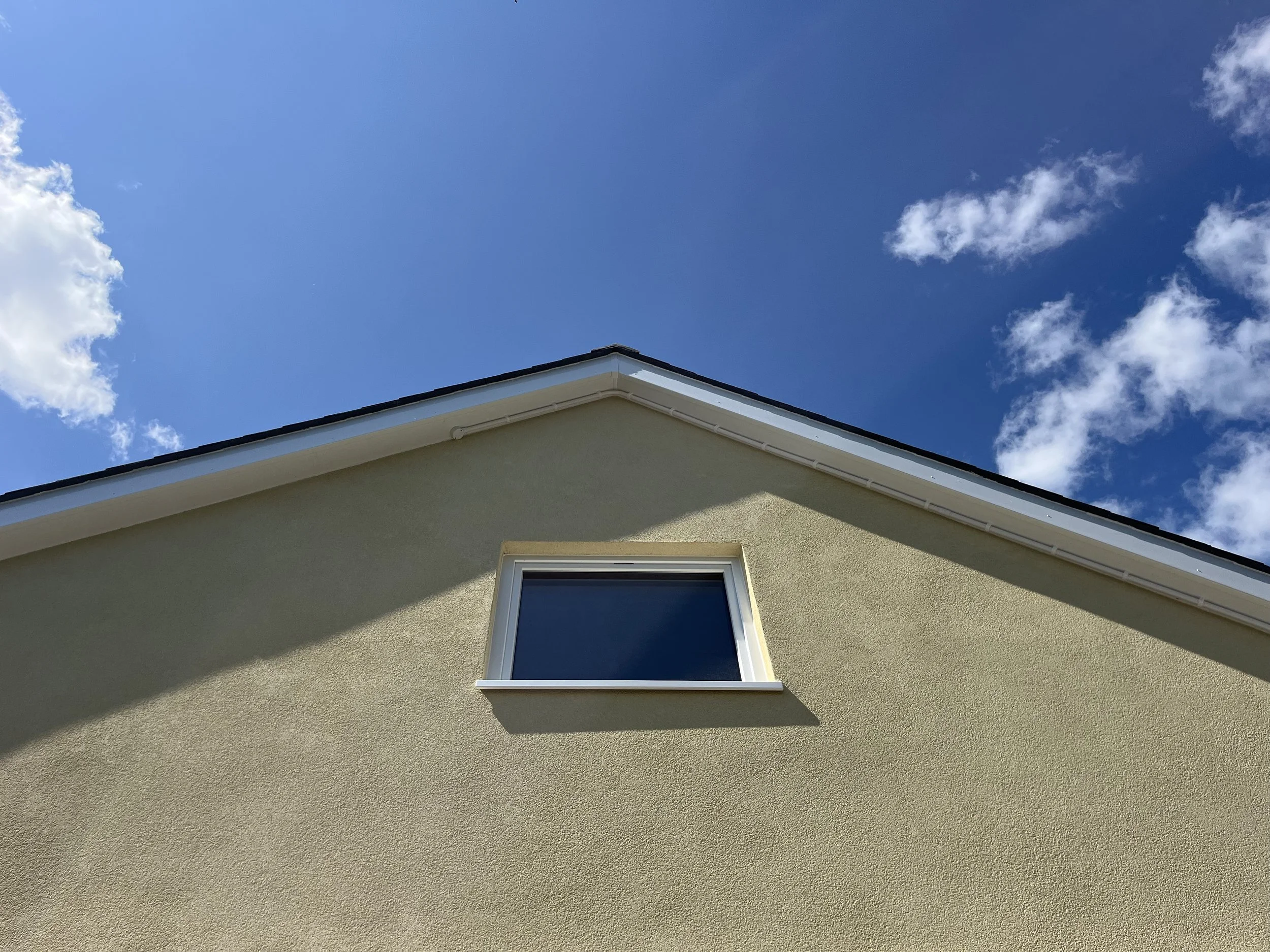
FAQ
-
Why should I choose a sustainable Architect?
Embarking upon a new build house or extension to your existing home can be a stressful experience, it is very easy to be carried along by builders who are keen to build how they have always built. Employing an ‘Eco’ or sustainable Architect allows you to ensure you are using the most efficient and correct strategy for your project and not just those that are easiest for the builder.
-
Is sustainable architecture more expensive?
In general no. By using materials and techniques that are more suited to contemporary low energy buildings, you can avoid trying to force a square peg into a round hole (or using old fashioned building strategies to attempt to replicate cutting edge design). It’s true some materials can be more expensive, but the aim of smart sustainable architecture is to reduce your overall demand for energy and thus reduce your heating bill! Using Passivhaus techniques could reduce your heating bill by up to 90%. There are also various levels of eco ‘bling’ so if you budget is tight we can adjust our strategy to suit your needs.
-
How do you measure a project’s environmental impact?
There have been lots of ways to measure this but in around 1990 a team of building physics scientists came up with a strategy called Passivhaus which has been the most effective method of predicting energy usage in buildings ever since. The Passivhaus approach generally uses a measure of energy use per square metre of your building over a whole year. The unit is a kilowatt hour (kWh), ten of which are about equivalent to 1 litre of heating oil or 1m³ of natural gas. The final figure is Kilowatt hours per metre squared of internal usable building area per year (kWh/m²a).
-
Can you retrofit an existing home to be more sustainable?
Yes! This makes up a large % of my work and dependant upon your budget we could simply reduce the number of draughts right up to making your existing home passivhaus compliant.
-
Is Passivhaus a technical standard which will have little impact on my day to day living?
Not at all - a Passivhaus approach will also improve the internal comfort of a building and the expense of running it. Using Passivhaus strategies to design your project will improve air quality, increase internal oxygen levels and save you money in the long run.
-
You go on a lot about Passivhaus, what if i'm not interested??
I can happily bring my knowledge of materials and efficiency to your project whatever your ecological desires. Even if you want to be just complaint with building regulations, using the same approach will create a beautiful, streamlined and efficient outcome.
